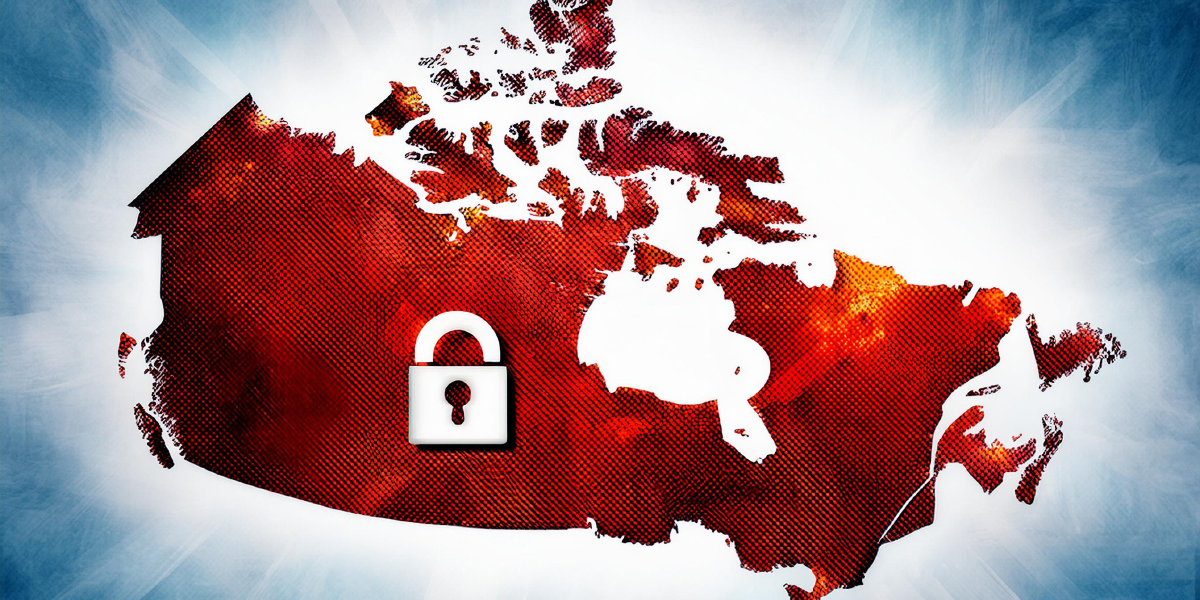Imagine opening your mailbox to find a stack of bills for credit cards you never applied for. Or perhaps you discover your bank account has been drained, with mysterious purchases you don’t recognize. This is the chilling reality of identity theft, a crime that can turn your life upside down.
Identity theft occurs when someone steals your personal information to commit fraud. They might use your name, address, social insurance number, or financial details to open new accounts, apply for loans, access your existing accounts, or even file taxes in your name. It’s like someone hijacking your identity and using it for their own gain, leaving you to deal with the devastating consequences.
How Identity Theft Happens:
Identity thieves are opportunistic and use various methods to steal your information:
- Data Breaches: Large-scale data breaches at companies or organizations can expose your personal information to criminals. This can happen when hackers gain unauthorized access to databases containing sensitive data.
- Phishing: Phishing emails, texts, and websites are designed to trick you into revealing your personal information. They may look like they’re from a legitimate company or organization, but they’re actually scams.
- Malware: Malware is malicious software that can infect your computer and steal your data, including login credentials, financial information, and keystrokes.
- Mail Theft: Thieves can steal mail from your mailbox to obtain personal information from bank statements, credit card offers, pre-approved loan offers, or other documents.
- Wi-Fi Eavesdropping: Using unsecured public Wi-Fi networks can allow criminals to intercept your data transmitted over the network. They can capture your login credentials, credit card information, and other sensitive data.
- Dumpster Diving: Thieves may rummage through your trash to find discarded documents containing personal information, such as old bills, bank statements, or credit card offers.
Signs of Identity Theft:
It’s crucial to be vigilant and recognize the warning signs of identity theft:
- Unexplained Charges or Withdrawals: Keep a close eye on your bank accounts and credit card statements for any unusual activity, such as charges you don’t recognize or unexpected withdrawals.
- Debt Collection Calls: If you receive calls from debt collectors about debts that aren’t yours, it could be a sign that someone has opened accounts in your name.
- Denied Credit or Loan Applications: Difficulty obtaining credit or being denied for a loan can be a red flag that someone has damaged your credit history.
- Missing Mail: If you notice that bills, statements, or other important mail is missing, it could indicate that someone is intercepting your mail.
Tips for Protecting Yourself:
- Strong Passwords and Two-Factor Authentication: Use strong, unique passwords for all your online accounts and enable two-factor authentication whenever possible. This adds an extra layer of security by requiring a code from your phone or another device to log in.
- Secure Your Mail: Use a locked mailbox or post office box to protect your mail from theft. Retrieve your mail promptly and shred any documents containing personal information before discarding them.
- Shred Sensitive Documents: Invest in a cross-cut shredder and shred any documents containing personal information before throwing them away. This includes old bills, bank statements, credit card offers, and any documents with your social insurance number.
- Monitor Your Accounts: Regularly review your bank accounts, credit card statements, and credit reports for any suspicious activity. If you notice anything unusual, report it immediately.
- Be Cautious Online: Avoid sharing personal information on unsecured websites or social media platforms. Be wary of phishing emails and texts that ask for your personal information.
- Use Secure Wi-Fi: Avoid using public Wi-Fi networks for sensitive transactions like online banking or shopping. If you must use public Wi-Fi, use a virtual private network (VPN) to encrypt your connection.
What to Do if You’re a Victim of Identity Theft:
If you suspect you’re a victim of identity theft, take immediate action:
- Contact the Credit Bureaus: Contact Equifax and TransUnion to place a fraud alert on your credit report. This will notify creditors to take extra precautions before issuing credit in your name.
- Report the Theft to the Police: File a police report to document the crime. This will be helpful if you need to dispute fraudulent charges or accounts.
- Contact Your Financial Institutions: Notify your banks and credit card companies of the theft. They can help you close compromised accounts and dispute fraudulent charges.
- Change Your Passwords: Change passwords for any compromised accounts, including email, online banking, and social media accounts.
- Consider a Credit Freeze: A credit freeze can prevent new accounts from being opened in your name. This can be a helpful step in preventing further damage to your credit.
Your identity is precious – protect it! By being vigilant, taking precautions, and acting quickly if you suspect identity theft, you can minimize the damage and regain control of your personal information.

